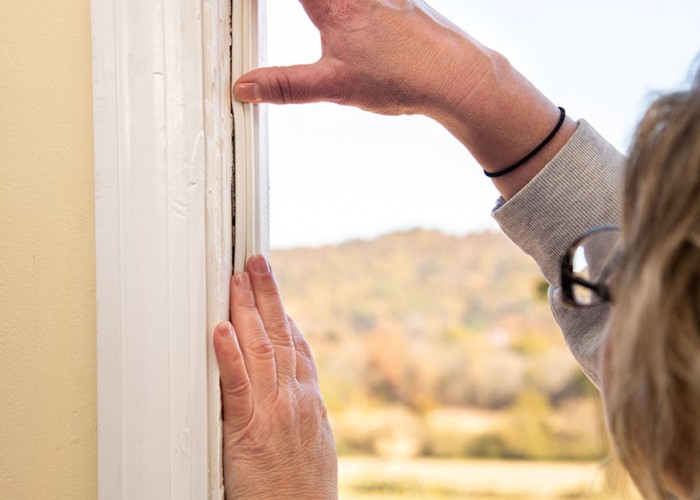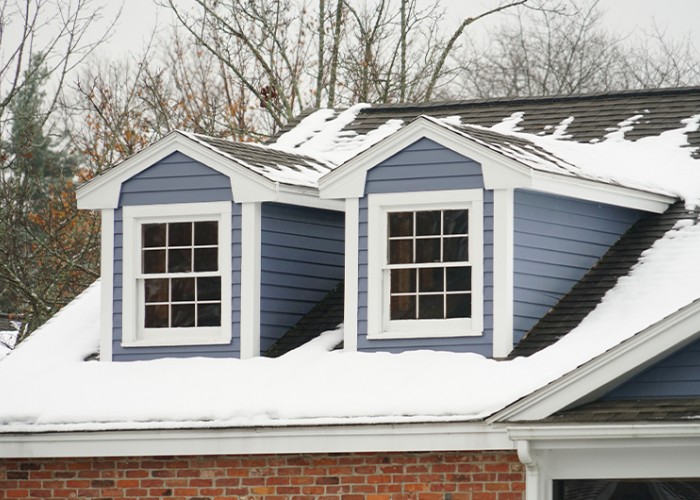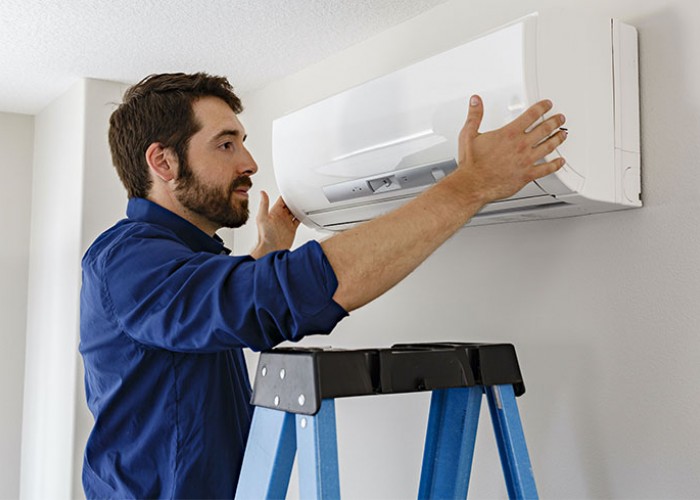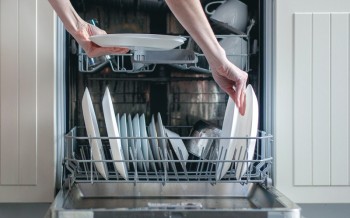All About HVAC Filters
Pricier isn’t always better
By Jonathan Susser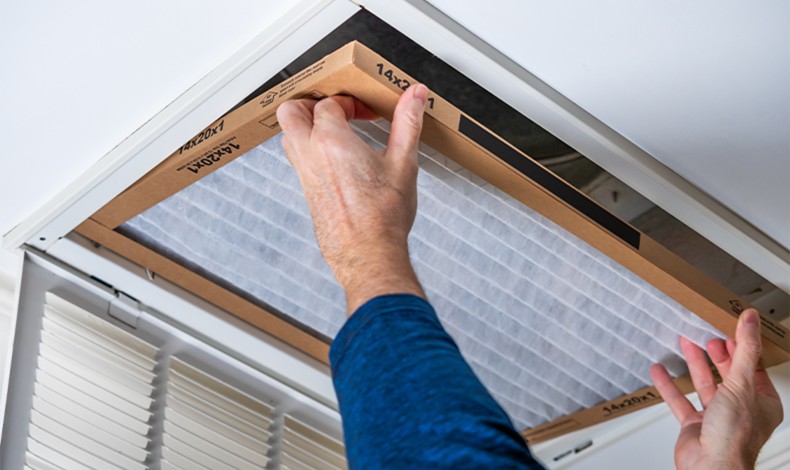
Q: I’ve been buying the same kind of filter for my heating and cooling system for years, but there’s such an assortment available. What’s the difference between the various types?
A: It certainly can be a little overwhelming to stand in front of a wall of air filters with all of their different labels, colors, numbers and costs. Before diving into some of the details, let’s review the purpose of these important home components.
Most modern central heating and cooling systems are a closed loop. As a very high-level description, when running, they pull air from around your home into a “return” (as air is returning to the system), which goes through an air handler fan to be conditioned. Conditioned air is then sent through supply registers in the floor or ceiling of each room, only to be sucked back into the return once again.
You might think that a heavier-duty filter that captures more contaminants is automatically better. Some even help clean the air, and they can usually last longer before needing to be replaced. But don’t go running back to the store just yet — there are things to consider.
The filter is typically found at the return grille (you may have more than one) to help manage contaminants — think particles and chemicals — in your home’s air. If you didn’t have a filter, dust and debris would enter the return and could damage your heating and cooling equipment.
The main way filters differ is based on how well they can, well, filter. Minimum Efficiency Reporting Value (MERV) ratings are an industry-accepted metric that measure a filter’s ability to capture particles between 0.3 and 10 microns. To put this in perspective, one inch equals 25,400 microns. Filters with higher ratings are better at capturing and eliminating particles that would otherwise be circulating in the air. High-efficiency particulate air (HEPA) filters, which you may have been hearing more about over the past two years, are considered to be filters with the highest MERV rating of 17-plus.
You might think that a heavier-duty filter that captures more contaminants is automatically better. Some even help clean the air, and they can usually last longer before needing to be replaced. But don’t go running back to the store just yet — there are things to consider.
The air handler fan of your heating and cooling system expects to pull in air from your home at a certain rate. If you currently have a more basic filter and jump straight to one with a high MERV rating, your air would be cleaner, but that filter would also make it more difficult for air to pass, and your fan would have to work harder (using more energy and costing you more money) to push the right amount through. Something similar could happen with basic filters that are clogged, so it is important to check yours every month or so and replace them when they get dirty.
Another consideration with higher MERV filters is their size: They tend to be thicker than more basic filters, to the point that they may not even fit in your return grille. To remedy this, they can be installed further along in the system, such as right before the fan. If you think you want a filter with a high MERV rating, such as 13 or greater, talk with an HVAC contractor to make sure it will work properly.
If you’re worried about the air quality in a particular part of your home, you could try spot filtration for that area rather than changing your whole-home filter.
Finally, keep in mind that even the best filters only work as intended when there’s a good seal around them. If you notice gray dust around your filter, air might be bypassing it, rendering it less effective. You can give it a better fit by using tape or thin magnetic strips along the metal sides of the grille.
More info
Learn about MERV ratings and air filters from the U.S. Environmental Protection Agency on epa.gov.
-
More useful tips
-
Share this story:

